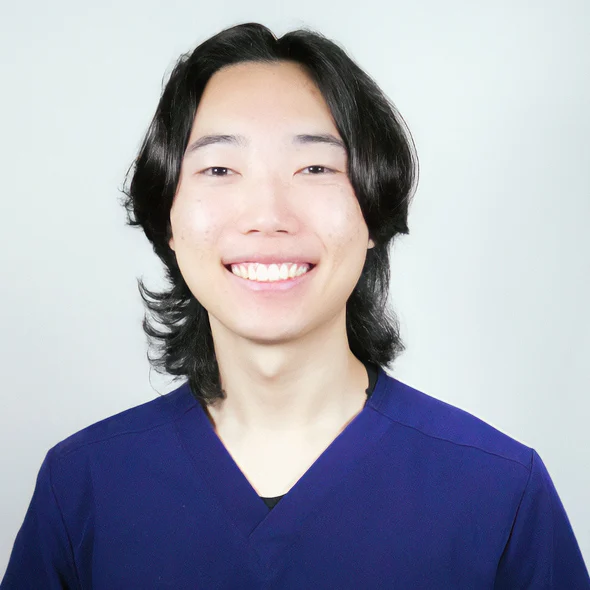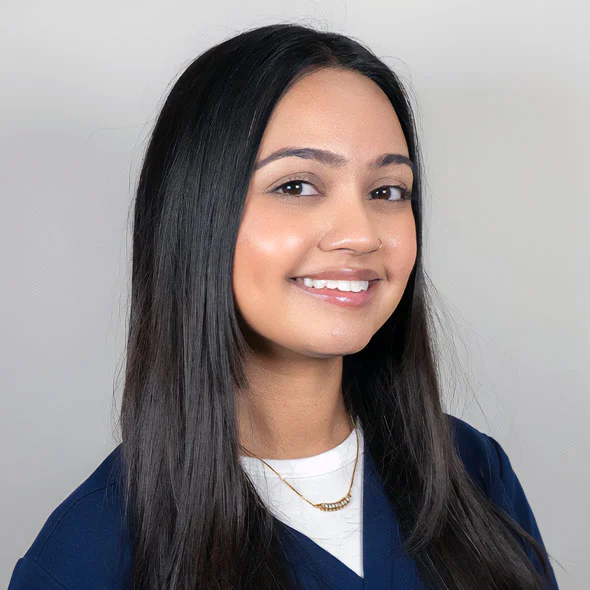What are Neurodevelopmental Disorders?
Neurodevelopmental disorders typically appear in infancy, childhood, or adolescence and cause deficits that impair function. These disorders result from disruptions in brain or nervous system development. Common examples include ADHD, autism, schizophrenia, learning disabilities, and speech or language disorders.
Common Signs and Symptoms
Symptoms vary depending on the affected area of the brain. Schizophrenia may cause social withdrawal, disorganized thoughts, delusions, and hallucinations. ADHD often leads to inattention, distractibility, impulsivity, and hyperactivity. Autistic individuals may avoid eye contact, struggle with communication, resist touch, or engage in self-harming behaviors. Each disorder presents unique challenges, and understanding them helps explain behaviors and guide effective interventions.
Commonly Observed Behaviors
While every case is different, many disorders share overlapping behavioral challenges, particularly in emotional regulation and higher functioning.
-
Emotional Regulation: This refers to the ability to understand and express emotions without harming oneself or others. Many families report sudden emotional outbursts, where a child may act erratically but later feel remorse. Helping children recognize and process their emotions through structured exercises and therapy can improve their ability to navigate daily life.
-
Higher Functioning: This involves brain functions that influence posture, balance, vestibular processing, eye movements, and reasoning. Strengthening these foundational systems can improve overall cognitive and physical coordination.
Therapies for Neurodevelopmental Disorders
Understanding a diagnosis often leads to the next question—how to help. At NorCal Brain Center, we offer therapies designed to address the core challenges of neurodevelopmental disorders. Many treatments focus on improving higher-functioning skills such as posture, balance, and eye movement. After a thorough diagnostic evaluation, we create a customized treatment plan to meet individual needs and reduce symptoms effectively.







